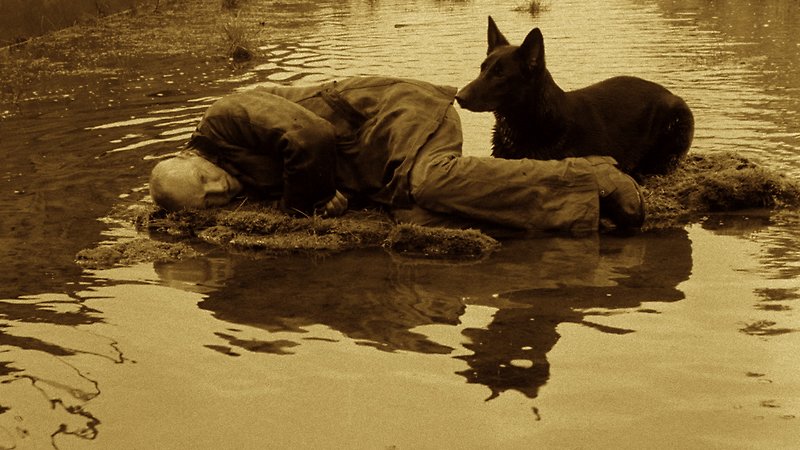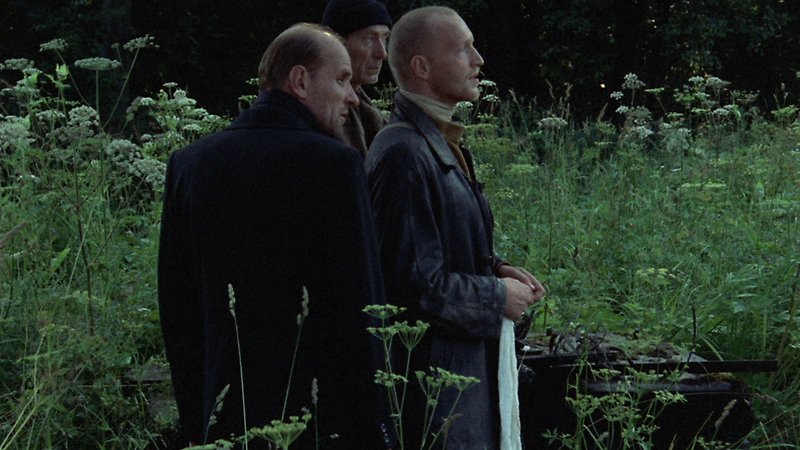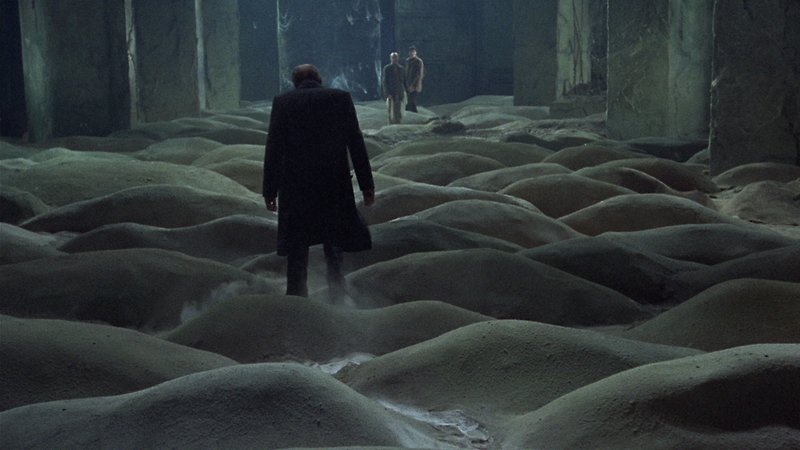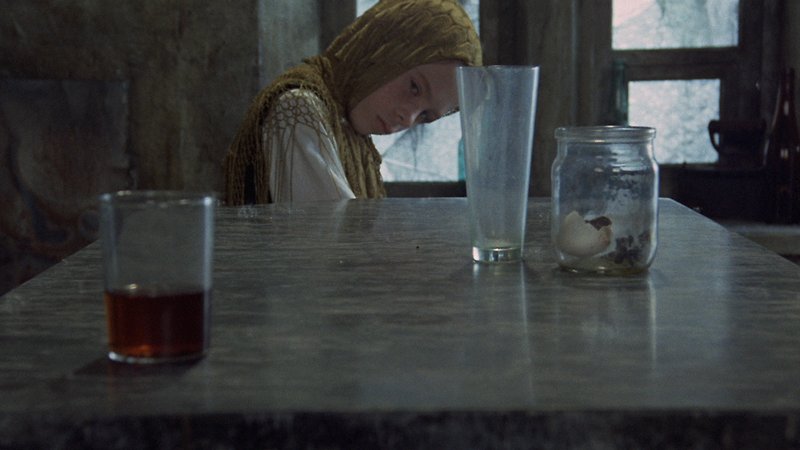One of the most immersive and rarefied experiences in all cinema, Andrei Tarkovsky’s Stalker embarks on a metaphysical journey through an enigmatic post-apocalyptic landscape. Newly restored.




Tarkovsky is the greatest of them all. He moves with such naturalness in the room of dreams. He doesn’t explain. What should he explain anyhow?
Screened as part of NZIFF 2017
Stalker 1979
The mysteries and revelations of Andrei Tarkovsky’s science fiction masterpiece are returned to the giant screen in Mosfilm’s splendid new digital restoration.
“With its emphasis on landscape, texture and atmosphere, this brooding, dystopian science fiction… is as much environment as movie.” — J. Hoberman, Village Voice
“Andrei Tarkovsky’s 1979 masterpiece, like his earlier Solaris, is a free and allegorical adaptation of a sci-fi novel, Arkady and Boris Strugatsky’s Roadside Picnic. After a meteorite hits the earth, the region where it’s fallen is believed to grant the wishes of those who enter and, sealed off by the authorities, can be penetrated only illegally and with special guides. One of them (Aleksandr Kaidanovsky), the stalker of the title, leads a writer and a professor through the grimiest industrial wasteland you’ve ever seen. What they find is pretty harsh and has none of the usual satisfactions of sci-fi quests, but Tarkovsky regards their journey as a contemporary spiritual quest. His mise en scène is mesmerizing, and the final scene is breathtaking. Not an easy film, but almost certainly a great one.” — Jonathan Rosenbaum, Chicago Reader
“A dense, complex, often-contradictory, and endlessly pliable allegory about human consciousness, the necessity for faith in an increasingly secular, rational world, and the ugly, unpleasant dreams and desires that reside in the hearts of men… ‘The world is ruled by cast-iron laws, and it’s insufferably boring,’ says the writer during his introductory scene, but Stalker, exuding a sense of the unknown and intangible, refutes this assertion at nearly every turn.” — Nick Schager, Slant